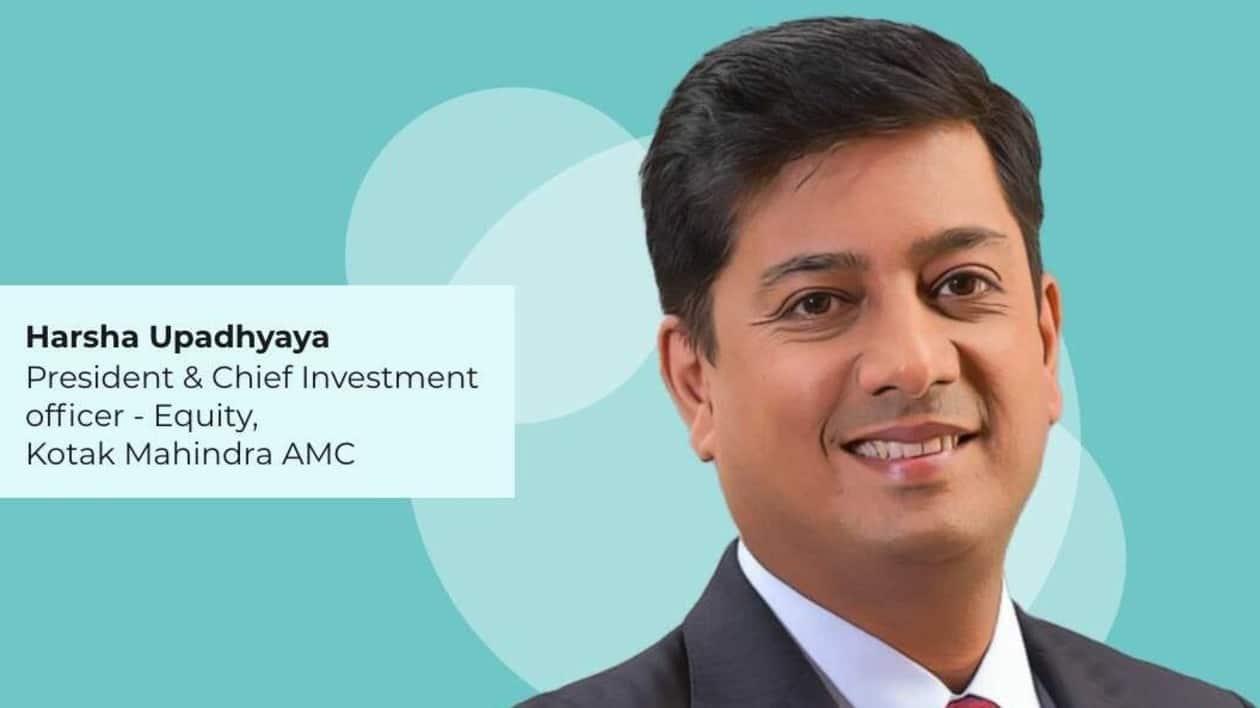Equity as an asset class has been growing in importance over the years in our country. According to Harsha Upadhyaya, President & Chief Investment Officer-Equity, Kotak Mahindra Asset Management Company, investors must have a bias towards large-cap funds in their overall equity allocation.
In an interview with MintGenie, Upadhyaya said that volatility is inherent to equity markets. However, equities over the long term provide one of the best risks and inflation-adjusted returns.
Edited Excerpts:
Q. The number of Demat accounts and SIP flows into mutual funds have increased despite the market being under pressure for myriad reasons. How do you think this will change the fate of the equity markets in the coming years?
Clearly, the trend of new investors investing in direct equity and equity mutual funds through SIPs has been continuing despite volatility in the markets. This shows the maturity of investors who are not perturbed by short-term fluctuations in the market. Equity as an asset class has been growing in importance over the years in our country. The domestic flows have already become a significant portion of overall equity flows and have been providing counterbalancing force in recent times when India has witnessed foreign investor-led outflows.
Q. The IT sector seems to be on a roll while small-cap and mid-cap stocks seem to have taken a major hit. What is your advice to investors parking money in these funds?
Mid and small stocks are generally more volatile than overall equities. The recent drag on mid and small-cap stocks is driven by lower-than-anticipated profit growth and relatively higher valuation in comparison to large-cap stocks. Currently, we are advising investors to have a bias towards large-cap funds in one’s overall equity allocation. Those who are considering mid and small-cap funds need to have a long-term focus and also be able to withstand interim volatility, hence SIP route may be preferred.
Q. The hiked repo rate has caused bank stocks to fall. How do you envision the effect on banks’ lending programmes and stocks of financial services companies?
We continue to maintain a positive view on the banking sector from a medium to long-term perspective. The credit growth outlook has improved considerably and the asset quality concerns have also subsided. We may witness a peak in the net interest margins of the banking sector in the immediate term, the healthy credit growth should ideally lead to strong profitability growth that can outpace the overall expected earnings growth of the market.
Q. Considering the headwinds that mar the performance of mutual funds during a prolonged bearish cycle, would it help to put money in hybrid fund schemes? Many technology companies are showing their employees the infamous pink slip. However, this did not show much impact on IT sector stocks. Can you explain why?
Volatility is inherent to equity markets. Those who enter equity mutual funds should be prepared to focus on the long term with disciplined and regular investments. Equities over the long term provide one of the best risk and inflation-adjusted returns. Investors who are not comfortable with risks associated with equities may consider other asset classes or hybrid funds for investments.
Q. Too many mutual fund houses are launching fixed maturity funds. Do you think the current state of the market will cause investors seeking consistent returns to shift from equities to these debt fund instruments?
The IT sector expectations have remained muted for quite some time now. The market seems to have discounted the possibility of subdued business momentum for the IT sector driven by slower global economic growth and likely resultant slower IT spending by businesses over the next few quarters. Moreover, even before the job cuts in many global technology firms, the domestic IT sector had underperformed in the broader market for more than a year. These reasons may possibly explain the IT sector’s performance in the current yield to date 2023.
